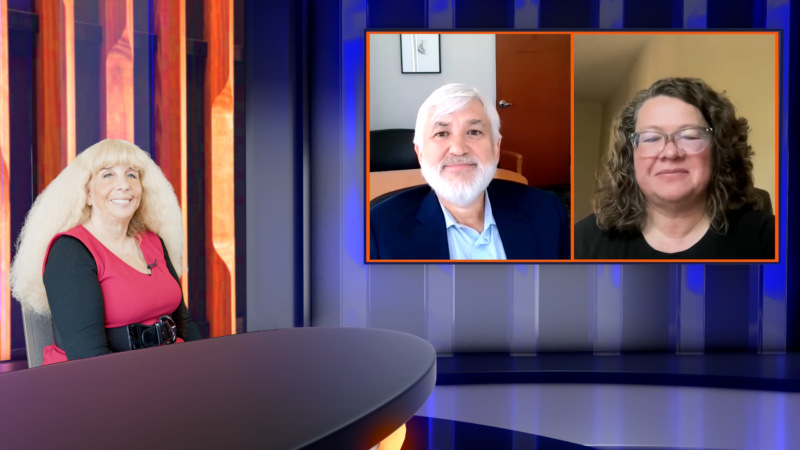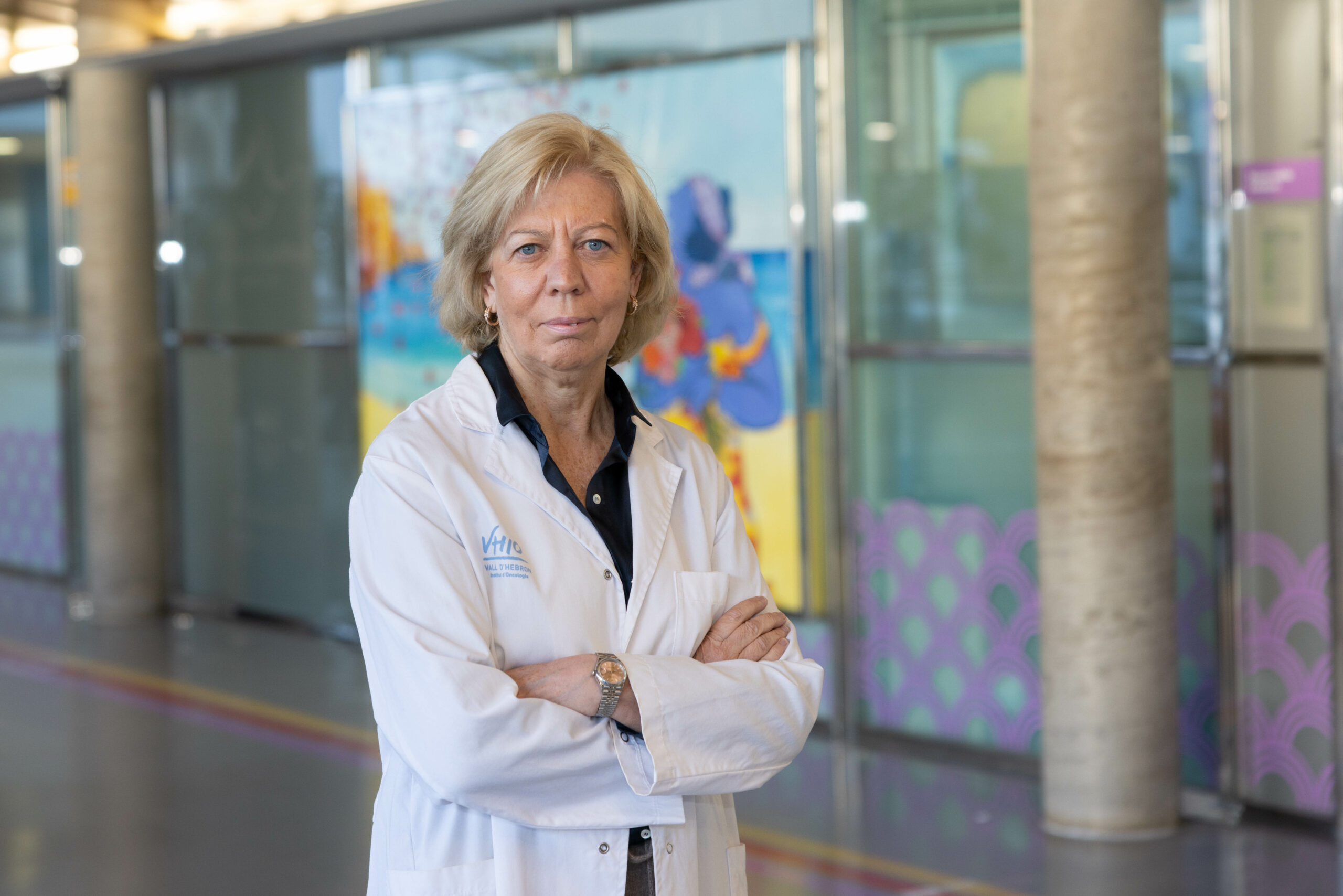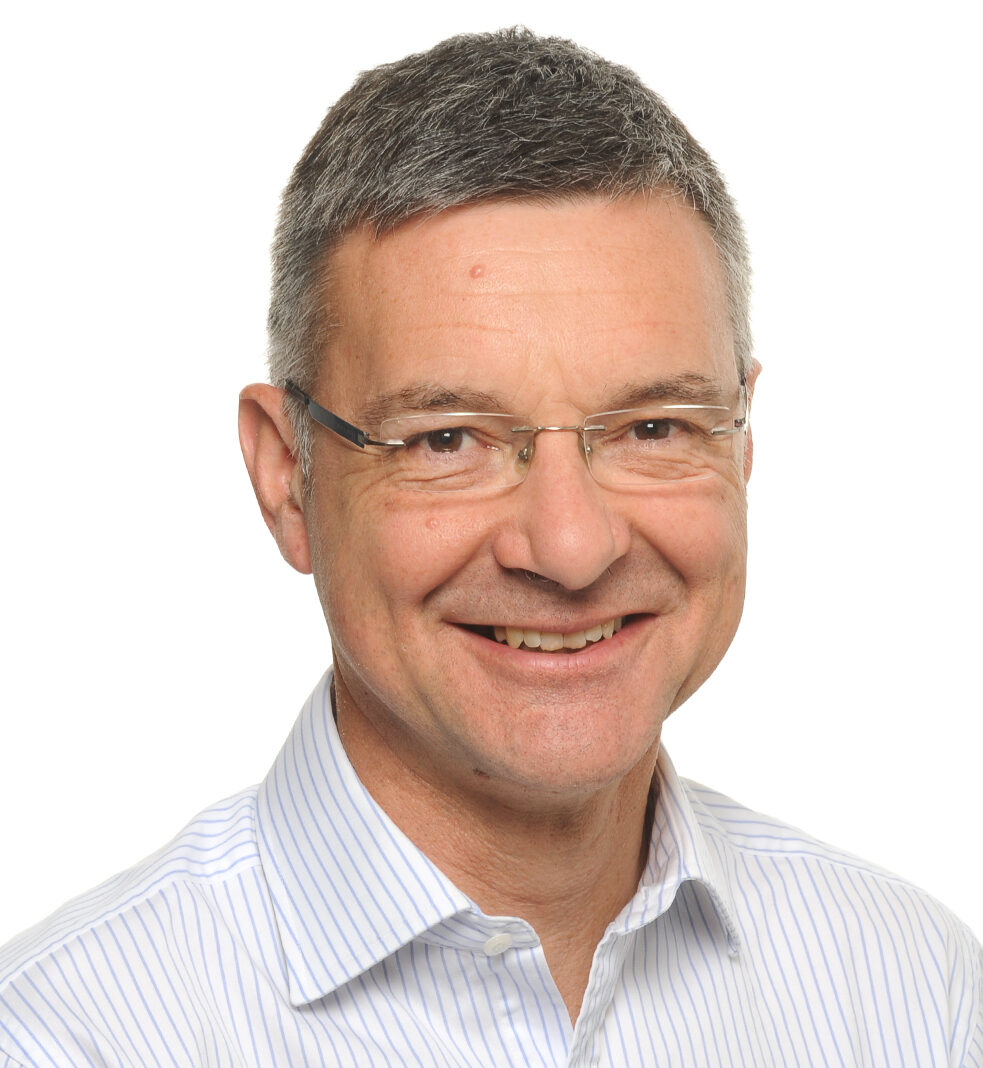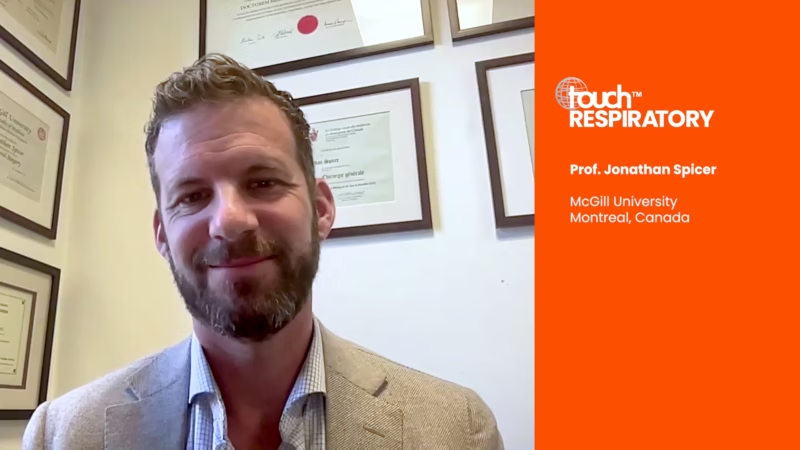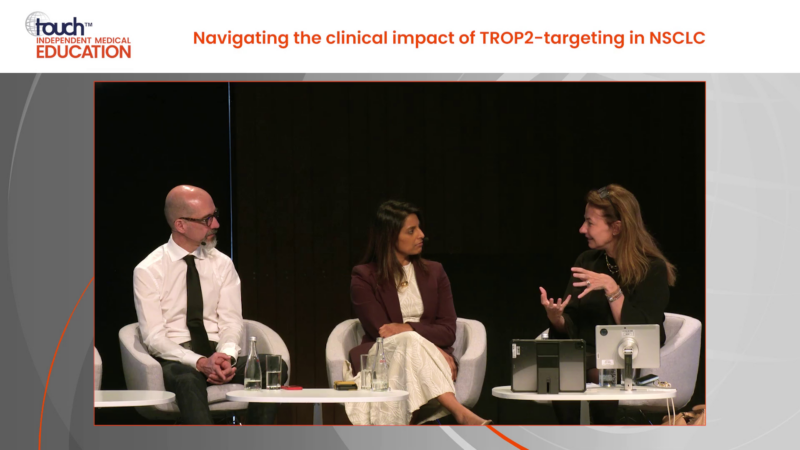Tutorial
These icons indicate there is something to be interacted with. Click it when you see it.
Tutorial
These icons indicate there is something to be interacted with. Click it when you see it.
Tutorial
These icons indicate there is something to be interacted with. Click it when you see it.
touchIN CONVERSATION
 A relaxed discussion between two faculty focussed on real world clinical issues. Useful tips below will show how to navigate the activity. Join the conversation.
Close
A relaxed discussion between two faculty focussed on real world clinical issues. Useful tips below will show how to navigate the activity. Join the conversation.
Close
 A relaxed discussion between two faculty focussed on real world clinical issues. Useful tips below will show how to navigate the activity. Join the conversation.
Close
A relaxed discussion between two faculty focussed on real world clinical issues. Useful tips below will show how to navigate the activity. Join the conversation.
Close
Decoding HER2 in NSCLC: Advances in biomarker testing and targeted therapies
Learning Objectives
After watching this activity, participants should be better able to:
- Describe the specific types of HER2 alterations and HER2 testing requirements in NSCLC
- Discuss optimal approaches for testing HER2 alterations in NSCLC and implications for their implementation into routine clinical practice
- Recall whether HER2 status determines treatment response and outcomes in patients with NSCLC receiving HER2-targeted therapies in NSCLC
Overview
In this activity, a medical oncologist and a pathologist specializing in lung cancer respond to questions from physicians managing patients with NSCLC on the different types of HER2 alterations in NSCLC and how these impact prognosis and treatment, approaches to testing patients for HER2 alterations, and the latest clinical trial data for approved and emerging HER2-targeted therapies.
This activity is jointly provided by USF Health and touchIME. read more
Target Audience
This activity has been designed to meet the educational needs of oncologists, pulmonologists and pathologists involved in the management of patients with NSCLC.
USF Accreditation
Disclosures
USF Health adheres to the Standards for Integrity and Independence in Accredited Continuing Education. All individuals in a position to influence content have disclosed to USF Health any financial relationship with an ineligible organization. USF Health has reviewed and mitigated all relevant financial relationships related to the content of the activity. The relevant relationships are listed below. All individuals not listed have no relevant financial relationships.
Faculty
Prof. Enriqueta Felip discloses: Advisory board or panel fees from Abbvie, Amgen, AstraZeneca, Bayer, Boehringer Ingelheim, Bristol Myers Squibb, Daiichi Sankyo, F. Hoffmann-La Roche, Genmab, Gilead, GSK, Janssen, Johnson & Johnson, Merck Serono, Merck Sharp & Dohme, Novartis, Peptomyc, Pfizer, Regeneron and Sanofi. Other financial or material support from AstraZeneca, Janssen and Roche. Speaker’s bureau fees from Amgen, AstraZeneca, Bristol Myers Squibb, Daiichi Sankyo, Eli Lilly, F. Hoffmann-La Roche, Janssen, Merck Serono, Merck Sharp & Dohme, Pfizer, Regeneron, Sanofi, Seagen and Takeda.
Prof. Keith Kerr discloses: Advisory board or panel fees from AbbVie, Amgen, AstraZeneca, Bayer, Bristol Myers Squibb, Daiichi Sankyo, Janssen, Merck Serono, Merck Sharp & Dohme, Novartis, Pfizer, Regeneron, Roche, Sanofi, Takeda and Ventana (all relationships terminated). Speaker’s bureau fees from AstraZeneca, Amgen, Bristol Myers Squibb, Janssen, Merck Serono, Merck Sharp & Dohme, Novartis, Pfizer, Roche, Sanofi and Ventana (all relationships terminated).
Content reviewer
Danielle Walker, DNP, APRN, AGNP-C has no financial interests/relationships or affiliations in relation to this activity.
Touch Medical Contributors
Hannah Fisher has no financial interests/relationships or affiliations in relation to this activity.
USF Health Office of Continuing Professional Development and touchIME staff have no financial interests/relationships or affiliations in relation to this activity.
Requirements for Successful Completion
In order to receive credit for this activity, participants must review the content and complete the post-test and evaluation form. Statements of credit are awarded upon successful completion of the post-test and evaluation form.
If you have questions regarding credit please contact cpdsupport@usf.edu
Accreditations
Physicians
This activity has been planned and implemented in accordance with the accreditation requirements and policies of the Accreditation Council for Continuing Medical Education (ACCME) through a joint providership of USF Health and touchIME. USF Health is accredited by the ACCME to provide continuing medical education for physicians.
USF Health designates this enduring material for a maximum of 0.75 AMA PRA Category 1 CreditTM. Physicians should claim only the credit commensurate with the extent of their participation in the activity.
Advanced Practice Providers
Physician Assistants may claim a maximum of 0.75 Category 1 credits for completing this activity. NCCPA accepts AMA PRA Category 1 CreditTM from organizations accredited by ACCME or a recognized state medical society.
The AANPCP accepts certificates of participation for educational activities approved for AMA PRA Category 1 CreditTM by ACCME-accredited providers. APRNs who participate will receive a certificate of completion commensurate with the extent of their participation.
Date of original release: 25 July 2024. Date credits expire: 25 July 2025.
If you have any questions regarding credit, please contact cpdsupport@usf.edu
EBAC® Accreditation
touchIME is an EBAC® accredited provider since 2023.
This programme is accredited by the European Board for Accreditation of Continuing Education for Health Professionals (EBAC®) for 0.75 hour of effective education time.
The Accreditation Council for Continuing Medical Education (ACCME®), and the Royal College of Physicians and Surgeons of Canada hold an agreement on mutual recognition on substantive equivalency of accreditation systems with EBAC®.
Through an agreement between the European Board for Accreditation of Continuing Education for Health Professionals and the American Medical Association (AMA), physicians may convert EBAC® CE credits to AMA PRA Category 1 CreditTM. Information on the process to convert EBAC® credit to AMA credit can be found on the AMA website. Other health care professionals may obtain from the AMA a certificate of having participated in an activity eligible for conversion of credit to AMA PRA Category 1 CreditTM.
Faculty Disclosure Statement / Conflict of Interest Policy
In compliance with EBAC® guidelines, all speakers/ chairpersons participating in this programme have disclosed or indicated potential conflicts of interest which might cause a bias in the presentations. The Organizing Committee/Course Director is responsible for ensuring that all potential conflicts of interest relevant to the event have been mitigated and declared to the audience prior to the CME activities.
Faculty
Prof. Enriqueta Felip discloses: Advisory board or panel fees from Abbvie, Amgen, AstraZeneca, Bayer, Boehringer Ingelheim, Bristol Myers Squibb, Daiichi Sankyo, F. Hoffmann-La Roche, Genmab, Gilead, GSK, Janssen, Johnson & Johnson, Merck Serono, Merck Sharp & Dohme, Novartis, Peptomyc, Pfizer, Regeneron and Sanofi. Other financial or material support from AstraZeneca, Janssen and Roche. Speaker’s bureau fees from Amgen, AstraZeneca, Bristol Myers Squibb, Daiichi Sankyo, Eli Lilly, F. Hoffmann-La Roche, Janssen, Merck Serono, Merck Sharp & Dohme, Pfizer, Regeneron, Sanofi, Seagen and Takeda.
Prof. Keith Kerr discloses: Advisory board or panel fees from AbbVie, Amgen, AstraZeneca, Bayer, Bristol Myers Squibb, Daiichi Sankyo, Janssen, Merck Serono, Merck Sharp & Dohme, Novartis, Pfizer, Regeneron, Roche, Sanofi, Takeda and Ventana (all relationships terminated). Speaker’s bureau fees from AstraZeneca, Amgen, Bristol Myers Squibb, Janssen, Merck Serono, Merck Sharp & Dohme, Novartis, Pfizer, Roche, Sanofi and Ventana (all relationships terminated).
Touch Medical Contributors
Hannah Fisher has no financial interests/relationships or affiliations in relation to this activity.
Requirements for Successful Completion
Certificates of Completion may be awarded upon successful completion of the post-test and evaluation form. If you have completed one hour or more of effective education through EBAC® accredited CE activities, please contact us at accreditation@touchime.org to receive your EBAC® CE credit certificate. EBAC® grants 1 CE credit for every hour of education completed.
Date of original release: 25 July 2024. Date credits expire: 25 July 2026.
Time to Complete: 45 minutes
If you have any questions regarding the EBAC® credits, please contact accreditation@touchime.org
To obtain the CE/CME credit(s) from this activity, please complete this post-activity test.
Claim CreditYou may also be interested in...

REGISTER NOW FOR FREE ACCESS TO
- 1000+ topical and insightful peer-reviewed journal articles
- 100+ hours of bite-sized congress highlights
- 10 major therapy areas packed with the latest scientific advances
- 150+ specialties offering learn-on-the-go medical education
- + Concise email updates and newsletters so you never miss out

Log into your Touch Account
Earn and track your CME credits on the go, save articles for later, and follow the latest congress coverage.
Sign up with an Email
Or use a .
This Functionality is for
Members Only
Explore the latest in medical education and stay current in your field. Create a free account to track your learning.








